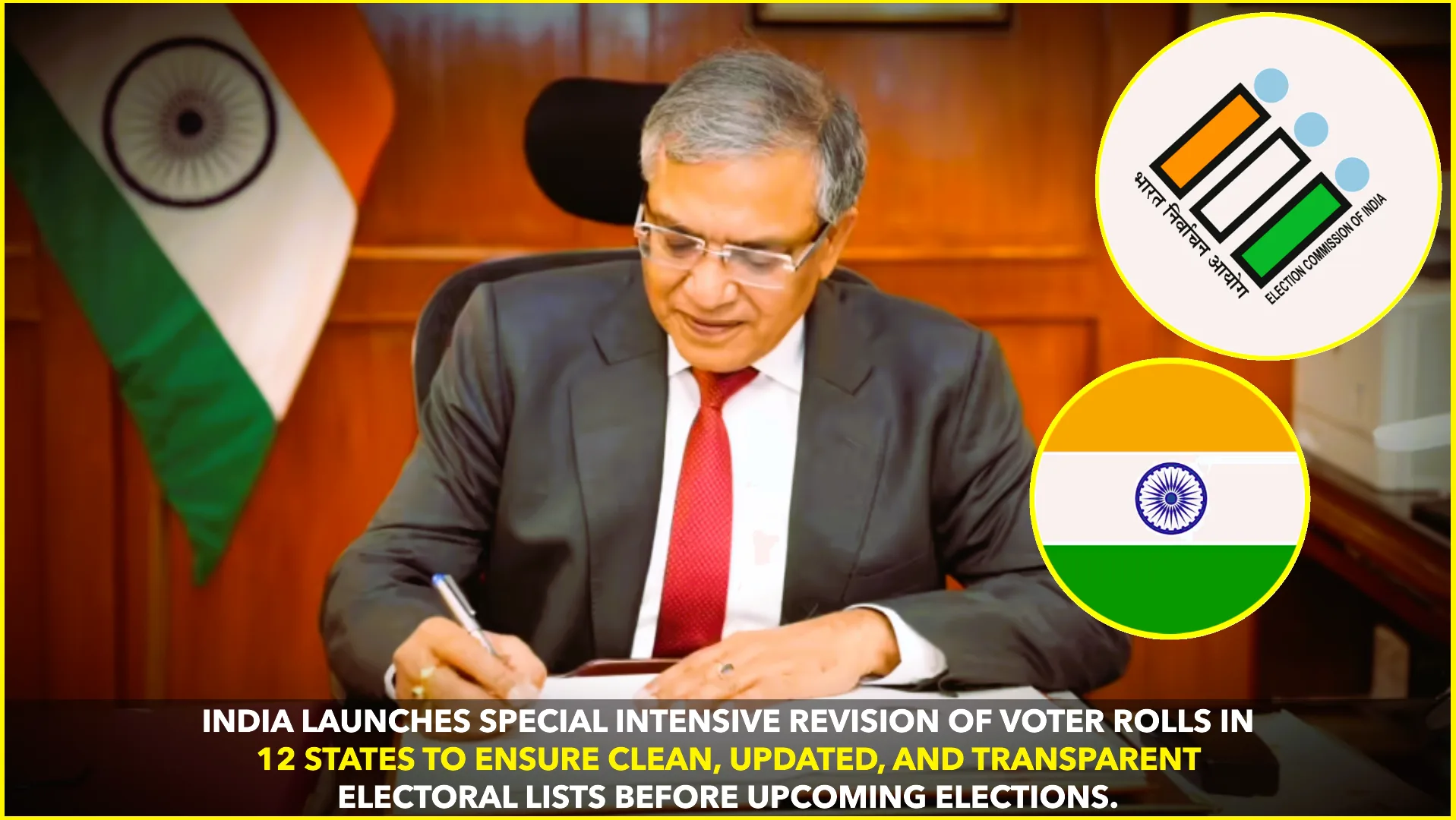In a move that could impact India’s integration with global markets, the Securities and Exchange Board of India (Sebi) has rejected a proposal from the National Stock Exchange of India (NSE) to extend trading hours for index derivatives. The NSE had proposed pushing the closing time from 6:00 PM IST to 9:00 PM IST, aiming to better align with international markets and facilitate investor participation in overseas developments.
Rationale Behind the NSE’s Proposal

The NSE’s proposal was driven by a desire to enhance market efficiency and global accessibility. Extending trading hours could have provided several potential benefits:
- Enhanced Liquidity: Longer trading hours could have attracted increased participation from foreign investors, potentially leading to deeper liquidity in the Indian market.
- Global Alignment: Overlapping trading hours with major international exchanges could have allowed Indian investors to react to price movements and news events occurring after the current closing bell.
Sebi’s Considerations and Broker Concerns

While acknowledging the potential benefits, Sebi’s decision likely factored in concerns raised by the broking community. Brokers reportedly expressed reservations regarding:
- Workforce Strain: Extended hours could lead to increased workload and potential fatigue for brokerage staff, raising concerns about operational efficiency and risk management.
- Cost Implications: Brokerage firms might need to invest in additional manpower or technological infrastructure to handle extended hours, impacting their cost structures.
The Future of Trading Hours in India

Sebi’s rejection doesn’t necessarily signal the end of the discussion. The regulator may revisit the proposal in the future, potentially seeking solutions to address broker concerns or conducting a pilot program to assess the impact of extended hours before making a permanent decision.
The debate surrounding trading hours underscores the importance of balancing the interests of various stakeholders, including exchanges, brokers, and investors. Finding the right balance will be crucial in ensuring the Indian stock market remains efficient, competitive, and well-integrated with the global financial landscape.
FAQ: Extended Stock Market Trading Hours in India
Q.- What was the NSE’s proposal?
The NSE proposed extending trading hours for index derivatives, specifically pushing the closing time from 6:00 PM IST to 9:00 PM IST.
Q.- Why did the NSE propose this change?
The NSE aimed to:
- Increase market efficiency and liquidity by attracting more foreign investors.
- Allow Indian investors to react to global events happening after the current market close.
Q.- Why did Sebi reject the proposal?
Sebi likely considered concerns raised by brokers, including:
- Increased workload and strain on brokerage staff.
- Potential cost implications for brokerages to handle extended hours.
Q.- Does this mean trading hours will never be extended?
Not necessarily. Sebi may revisit the proposal in the future, potentially after addressing broker concerns or conducting a trial period.
Q.- What are the potential benefits of extended hours?
- Deeper market liquidity due to increased participation.
- Better alignment with global markets for Indian investors.
Q.- What are the potential drawbacks of extended hours?
- Increased workload and fatigue for brokerage staff.
- Higher operational costs for brokerage firms.
#epicinfinite #epicarticle #epicblog
What do you think about Sebi’s decision?










